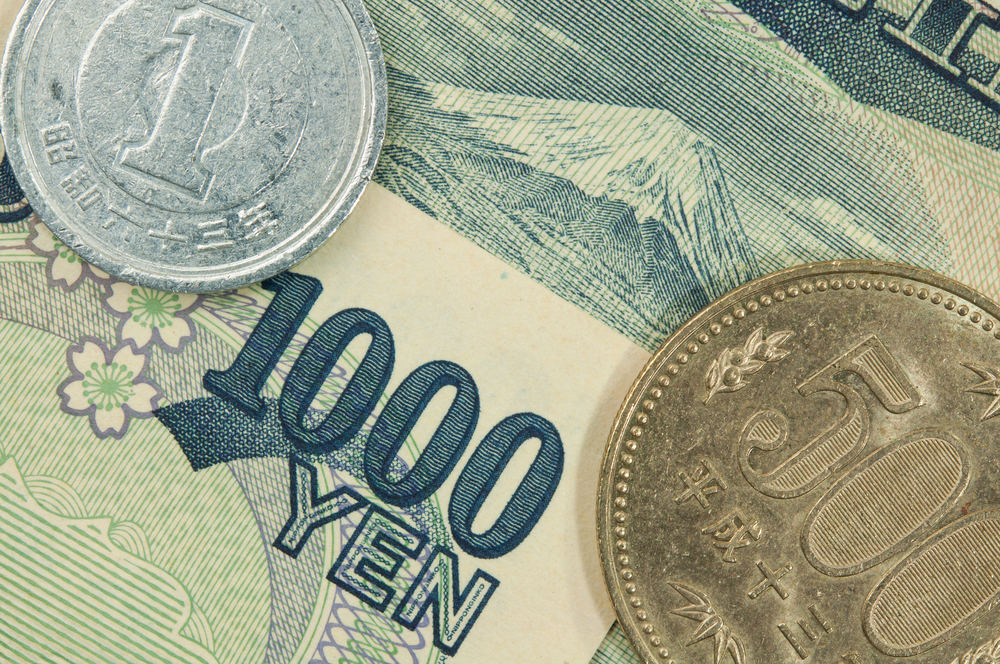The British pound has been on a rollercoaster ride over the past week. The currency has seen heavy fluctuations in its exchange rate against the Japanese yen. As of now, the pound is sitting at 160 yen, but the possibility exists that it could see an increase shortly.
Some experts predict the pound could reach 162.50 yen and even push upwards to 165 yen. Nonetheless, it is essential to note that these predictions are uncertain, and the exchange rate is subject to change based on various economic and political factors.
Therefore, keeping a close eye on the exchange rate and staying informed about any updates or developments that could affect it is crucial.
The British pound’s exchange rate against the Japanese yen is a delicate balance, and current trends offer a better picture. If the pound were to drop below its current level, it could decrease in value.
As a result, it could reach 157.50 yen or even lower at 155 yen. This 155-yen level is a critical point to watch as the financial world considers it a “support level,” which means that the price may not fluctuate further.
Effects Of Japanese Bond Yields On The Pair
The Japanese government’s activities with the bond yields impact the exchange rate between the pound and the yen. The government is manipulating bond yields specifically by keeping the 10-year Japanese Government Bond (JGB) yield at 50 basis points.
This 0.5% interest rate can affect the value of the Japanese yen, which affects the value of the British pound. Therefore, this manipulation of bond yields by the Japanese government can impact the exchange rate, making it essential to keep an eye on the JGB yield in addition to the pound-yen exchange rate.
The value of the British pound compared to the Japanese yen (GBP/JPY) can be affected by changes in bond yields. Bond yields refer to the interest rates investors receive on bonds, which are a type of investment.
When bond yields in Japan rise, it can pressure the Bank of Japan to print more yen to maintain economic stability. This increase in the supply of yen can cause its value to decrease compared to other currencies, including the British pound.
Conversely, this action can lead to increases in value for the GBP/JPY currency pair, known as upward pressure. On the other hand, when bond yields decrease, it can negatively affect the demand for the Japanese yen as a haven currency.
This effect can cause the yen’s value to increase compared to other currencies, including the British pound. Conversely, this decrease can lead to a lower value for the GBP/JPY currency pair, known as downward pressure.
Conclusion
In conclusion, it’s also important to note that global events, such as political and economic developments, alongside market sentiment, can impact the exchange rate between the pound and the yen.
For example, if the UK’s economic outlook improves, it could boost the pound’s value, while a negative development in Japan could weaken the yen. Additionally, it’s worth noting that currency trading is a highly speculative and volatile market and that fluctuations in the exchange rates can be significant.
As such, it’s always prudent for traders and investors to consider their risk tolerance and develop a well-informed strategy for trading.



